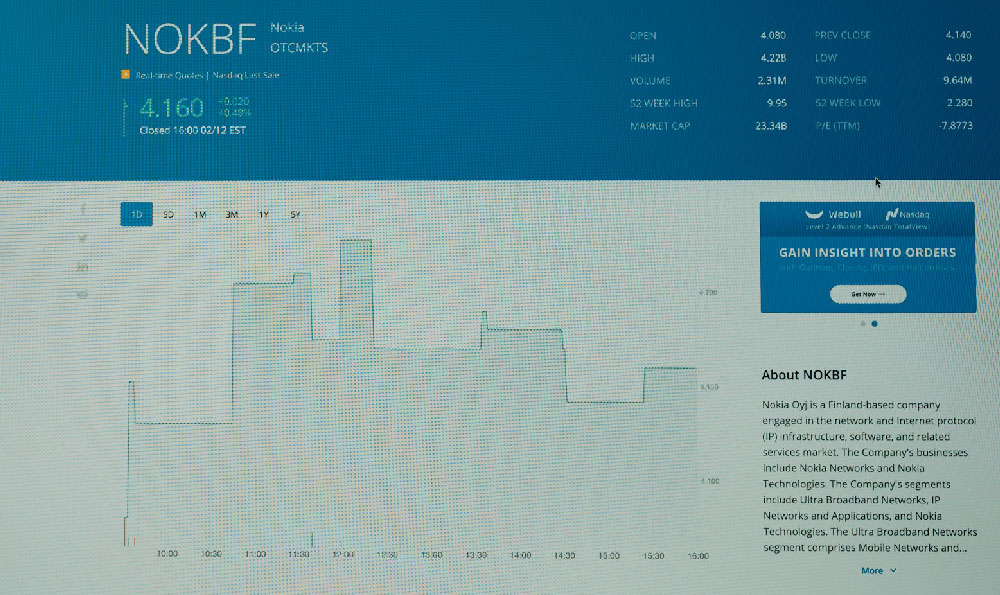
Investing in gold has been a topic of debate for centuries, captivating investors with its allure of stability and value preservation. Whether it's a wise decision depends entirely on an individual's financial circumstances, risk tolerance, and investment goals. Gold, unlike stocks or bonds, doesn't generate income through dividends or interest. Its value proposition hinges on its perceived store of value, particularly during times of economic uncertainty. To determine if gold is a suitable addition to your portfolio, let's delve into the potential advantages and disadvantages.
One of the primary arguments for investing in gold is its historical performance as a hedge against inflation. When the purchasing power of fiat currencies erodes due to rising prices, gold often maintains or even increases its value. This is because gold is a tangible asset with a limited supply, making it a desirable alternative when traditional investments lose their appeal. Historically, during periods of high inflation, investors have flocked to gold, driving up its price. However, the correlation between inflation and gold prices isn't always consistent or immediate. Sometimes, other factors can influence gold's performance, and its effectiveness as an inflation hedge can vary depending on the specific economic environment.
Furthermore, gold is often viewed as a safe-haven asset during times of geopolitical turmoil or economic recession. When stock markets crash and economies falter, investors tend to seek refuge in assets perceived as less risky. Gold, with its long history as a store of value, often benefits from this flight to safety. During periods of heightened uncertainty, the demand for gold increases, pushing its price higher. This can provide a valuable buffer to a portfolio heavily invested in riskier assets like stocks. However, it is essential to remember that the "safe-haven" status of gold is based on investor sentiment and can fluctuate. Unexpected positive economic news, for example, might dampen demand for gold and cause its price to decline.

Another advantage of investing in gold is its potential to diversify a portfolio. Since gold often has a low or even negative correlation with other asset classes like stocks and bonds, adding gold to a portfolio can reduce overall volatility and improve risk-adjusted returns. When stocks are performing poorly, gold might be performing well, offsetting some of the losses in the stock portion of the portfolio. This diversification benefit can be particularly valuable for investors seeking to protect their wealth and reduce the overall risk of their investment portfolio. However, it's crucial to remember that diversification doesn't guarantee profits or protect against losses in all market conditions.
Despite these potential benefits, investing in gold also presents several disadvantages that investors should carefully consider. One of the biggest drawbacks is that gold doesn't generate any income. Unlike stocks that pay dividends or bonds that pay interest, gold simply sits there, incurring storage costs if held physically. This means that investors rely solely on price appreciation for their returns. If the price of gold doesn't increase, investors won't see any gains, and they might even lose money if they have to pay storage fees. This lack of income generation makes gold less attractive to investors seeking regular cash flow from their investments.
Another disadvantage of investing in gold is its price volatility. While gold is often seen as a safe-haven asset, its price can fluctuate significantly in the short term. Gold prices are influenced by a variety of factors, including interest rates, currency fluctuations, geopolitical events, and investor sentiment. These factors can be unpredictable, leading to sharp price swings that can be unsettling for investors. Investors with a low-risk tolerance might find gold's price volatility too uncomfortable. Moreover, timing the market when buying or selling gold can be difficult, and investors risk buying high and selling low if they don't have a good understanding of the market.
Furthermore, investing in physical gold can be inconvenient and expensive. Buying gold bars or coins requires finding a reputable dealer and paying a premium over the spot price of gold. Storing physical gold also presents challenges. It needs to be kept in a secure location, such as a bank vault or a home safe, which incurs storage costs. Furthermore, insuring physical gold against theft or damage adds to the overall expense. While there are alternative ways to invest in gold, such as through exchange-traded funds (ETFs) or gold mining stocks, these options also have their own risks and drawbacks. Gold ETFs, for example, track the price of gold but don't offer direct ownership of the metal. Gold mining stocks are subject to the same risks as other stocks, as well as the specific risks associated with the mining industry.
Finally, the future performance of gold is uncertain. While gold has historically performed well during certain periods, there's no guarantee that it will continue to do so in the future. Economic conditions, monetary policies, and investor sentiment are constantly evolving, and these factors can all influence the price of gold. Investors should not rely solely on past performance when making investment decisions. It's essential to conduct thorough research and consider a variety of factors before investing in gold.
In conclusion, investing in gold can be a wise decision for some investors, but it's not a one-size-fits-all solution. Gold can serve as a hedge against inflation, a safe-haven asset during times of uncertainty, and a diversifier for a portfolio. However, it's important to be aware of the disadvantages, including its lack of income generation, price volatility, and the costs associated with storing physical gold. Before investing in gold, investors should carefully consider their financial circumstances, risk tolerance, and investment goals. It's also advisable to consult with a qualified financial advisor to determine if gold is a suitable addition to their portfolio. Ultimately, the decision of whether or not to invest in gold should be based on a well-informed and carefully considered investment strategy.





